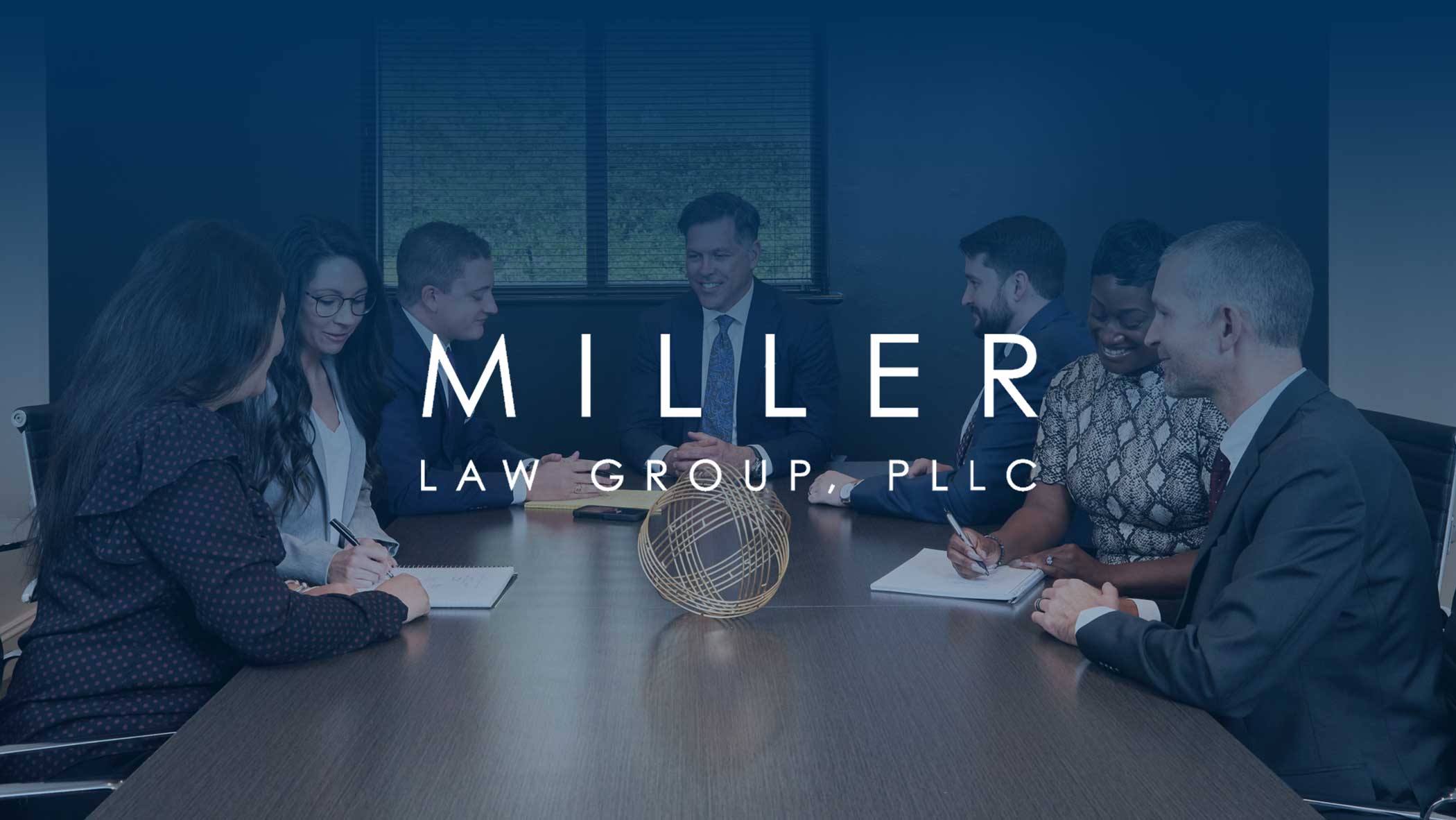Business fraud and unfair trade practices

Business fraud can be concealed through various maneuvers. Often the fraud is such a minute amount that it goes unnoticed and can pass underneath various internal radars. However, over time those small amounts add up to significant damages to innocent people and customers.
When businesses act fraudulently, many people recognize the criminality of fraud. However, not many realize that fraudulent practices can lead to other civil causes of action. One prominent example is the N.C. Gen. Stat. § 75-1.1, et seq., which prohibits unfair and deceptive trade practices. While the law was intended for consumer protection, the protections also extend to businesses.
In order to bring an unfair and deceptive trade practice claim, there are three things that the court looks for:
- An unfair or deceptive trade practice;
- The practice was in or affecting commerce; and
- That practice proximately caused injury to the plaintiff.
A business acts unfairly or deceptively when their practice is “immoral, unethical, oppressive, unscrupulous, or substantially injurious to consumers.” Atlantic Purchasers, Inc. v. Aircraft Sales, Inc., 705 F.2d 712, 715 (4th Cir. 1983).
Any damages incurred are trebled, meaning that plaintiffs strands to recover three times the amount that they actually lost.
If you think that you have been a victim of business fraud or unfair and deceptive trade practices, contact the business litigation attorneys at Miller Law Group for a free consultation, or call us at (919) 348-4361.
Additional Resources:
Warning Signs for Investment Fraud
Our Attorneys’ Practice Areas

